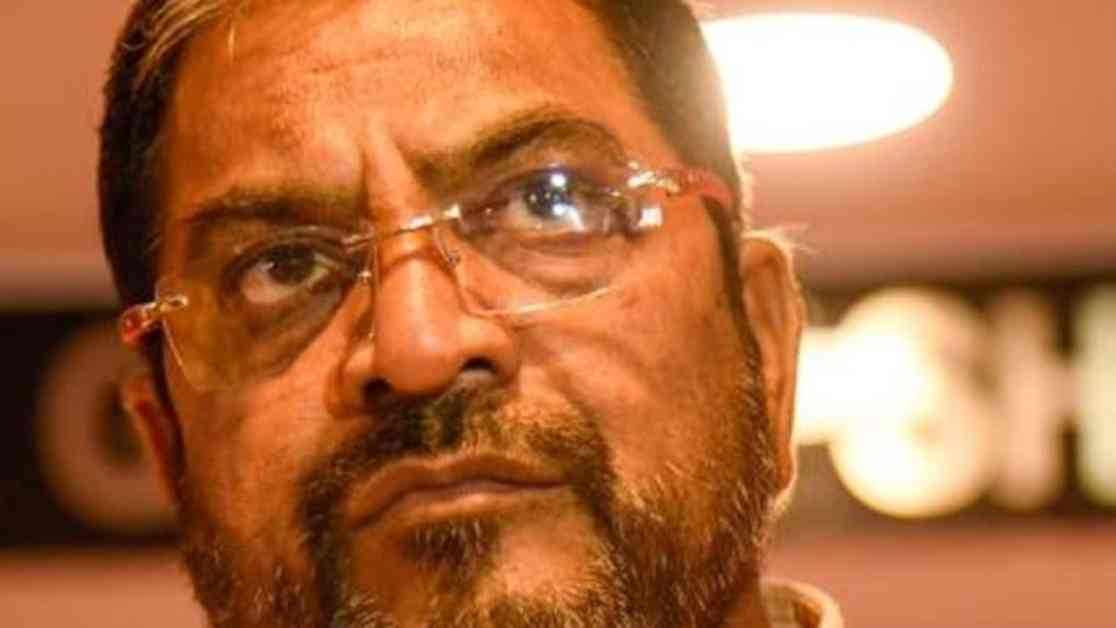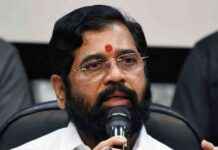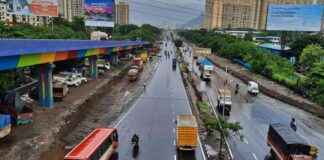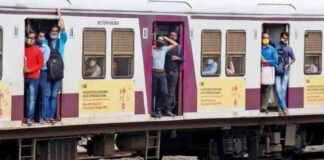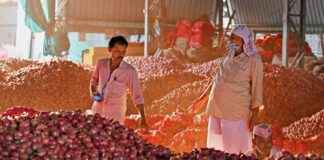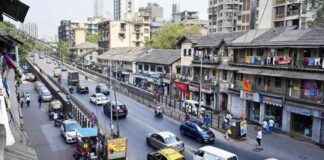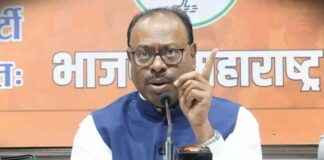Former MP Raju Shetti Takes a Chance in MHADA Housing Lottery for Farmers
In a surprising turn of events, Raju Shetti, the prominent farm leader and former Member of Parliament from Hatkanangale, has thrown his hat into the ring for a chance to secure a home through the Maharashtra Housing and Area Development Authority (MHADA) lottery. This move has raised eyebrows among political circles, considering Shetti’s background as a vocal advocate for farmers’ rights and his previous stint in the Lok Sabha.
A New Chapter for Raju Shetti
As the President of Swabhimani Paksha, Raju Shetti has long been a champion for the agricultural community, fighting tirelessly for their welfare and empowerment. His decision to participate in the MHADA housing lottery signals a new chapter in his journey, showcasing his willingness to explore opportunities beyond the realm of traditional politics. By venturing into the realm of affordable housing, Shetti is not only setting an example for his colleagues but also demonstrating a practical approach towards addressing the housing needs of farmers in Maharashtra.
An Application with a Purpose
Shetti’s application for a flat on Adi Shankaracharya Marg in Powai holds significant symbolism. The choice of location, known for its upscale residences and high property values, reflects Shetti’s commitment to bridging the gap between urban and rural communities. By seeking a home in a coveted area like Powai, Shetti is making a statement about the need for inclusivity and equal access to housing opportunities for all sections of society, including farmers and working-class individuals.
The apartment in question, categorized under the middle-income group, offers a spacious carpet area of 706 square feet. With a price tag of ₹12,013,323, it presents a feasible option for individuals looking to invest in a quality living space without breaking the bank. Shetti’s decision to apply for this particular flat highlights his pragmatic approach towards securing affordable housing solutions for himself and potentially setting an example for others in similar circumstances.
Challenges and Opportunities in the MHADA Lottery
The MHADA housing lottery, scheduled for 8 October, has generated immense interest among prospective homebuyers in Mumbai. With a total of 2,030 homes up for grabs across the city, the competition is fierce, with a staggering 134,000 applications received. This translates to an average of 56 applicants vying for each available tenement, underscoring the pressing need for affordable housing options in the metropolitan area.
Amidst this intense competition, Raju Shetti’s entry into the lottery as a former Member of Parliament adds a unique dimension to the proceedings. While the reservation of three flats for elected representatives may seem like a minor detail, Shetti’s status as the sole applicant from this category underscores the challenges faced by public figures in accessing affordable housing. By participating in the lottery, Shetti is not only testing his luck but also shedding light on the systemic barriers that hinder elected officials from securing suitable accommodation in urban centers.
A Step Towards Inclusive Development
Beyond the individual implications of Shetti’s application, his foray into the MHADA housing lottery carries broader implications for the discourse on inclusive development. As a prominent voice in the farmers’ movement, Shetti’s decision to pursue a housing opportunity in a prime location like Powai sends a powerful message about the need for equitable access to resources and amenities across different sections of society.
By engaging with the lottery process, Shetti is not only exploring a personal housing solution but also advocating for systemic reforms that prioritize the needs of marginalized communities, including farmers and rural residents. His participation in the MHADA draw serves as a reminder of the interconnectedness of urban and rural development, highlighting the importance of bridging the gap between disparate segments of the population through inclusive policies and initiatives.
In conclusion, Raju Shetti’s entry into the MHADA housing lottery represents a significant moment in his political journey, signaling a shift towards pragmatic solutions and inclusive development. As the lottery draw approaches, all eyes will be on Shetti as he navigates the complexities of urban housing dynamics and strives to secure a home that not only meets his needs but also stands as a symbol of progress and equality for all.
